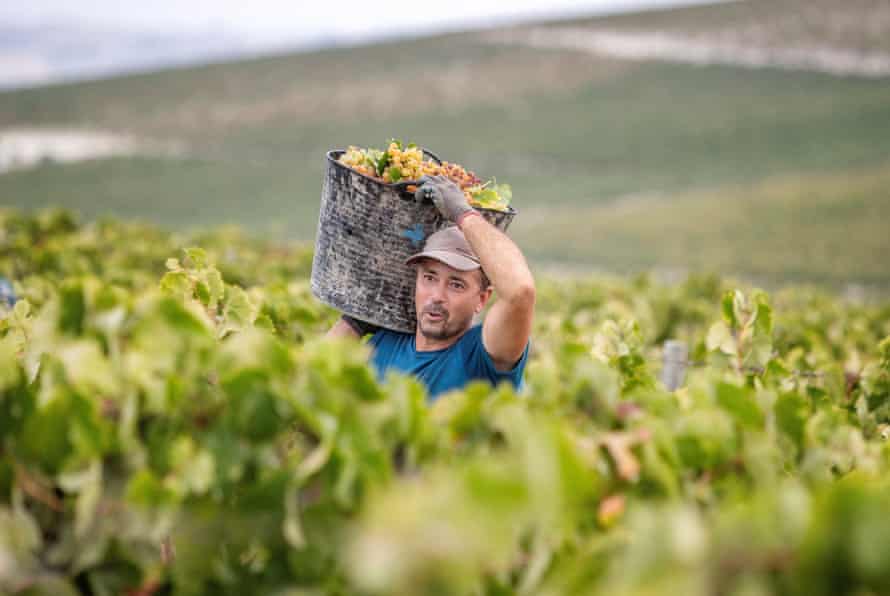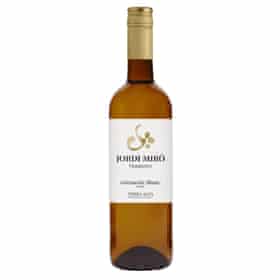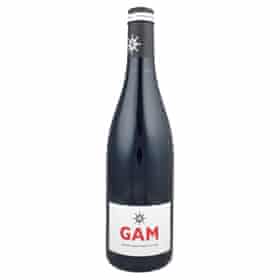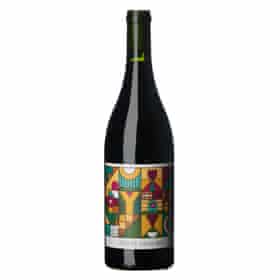Do you really know what’s in your wine?
Finding a wine that makes little ecological impact is tricky. If it’s vegan, is it sustainable? If it’s sustainable, is it organic? Here’s a tentative pick through the minefield that is modern wine

As if the world of wine isn’t complicated enough, what do you do if you have a particular priority or requirement? A wine that’s suitable for vegans, for instance. Will a wine that’s suitable for vegetarians fit the bill? And what about organic? What does that say about the way the wine is treated in the winery? Sustainable? Minimal intervention?
It’s all a bit of a minefield, but let’s try to unscramble things. Basically, it comes down to the integrity of what you pour down your throat. Vegetarian and vegan wines are the most straightforward in that they have to be made without any animal-derived products. Traditionally, that would have excluded the fining agents, such as isinglass and egg white, used to clarify the wine, but those are now rarely used outside the world of fine wine and most supermarket own-label wines these days are in fact vegan-friendly. And almost all of Marks & Spencer’s range is.
Organic, on the other hand, is a bit more complicated. Essentially, it refers to how the vines are grown, so you have the assurance that no pesticides or herbicides are used in the vineyard, but the same doesn’t apply to what additives might be used in the winemaking process. An organic wine isn’t necessarily vegetarian or vegan, either, while winemakers may also use conventional yeasts, enzymes to enhance particular flavours, and relatively high levels of sulphur. If you want to avoid that, you need to go for wines that proclaim that they’re low in sulphur or “minimal intervention” – in other words, that the winemaker doesn’t add much in the way of additives.
To add a further layer of complexity, just because a wine doesn’t have organic certification doesn’t mean the vines aren’t cultivated organically. Some winemakers can’t be bothered with the hassle and expense of the paperwork, or want to keep their options open in the case of adverse weather conditions, hence the description lutte raisonee (AKA supervised control), an approach employed by a number of French winemakers.
Then there is the whole issue of sustainability – the amount of resources that are used to make the wine, the waste it creates and how it’s disposed of, and the distance it has to travel to arrive at its final destination. New Zealand wineries have impeccable credentials, for example, but their wines often travel halfway around the world. I tell you, nothing’s simple, and at the end of the day it’s all about priorities and cost, obviously: the cheaper the wine, the less virtuous it’s likely to be.
Five wines with shiny credentials

Castellore Organic Prosecco GBP7.49 Aldi, 11.5%. You really don’t pay much more for this organic prosecco than for a conventionally produced one, and it has much more character to boot.

Jordi Miro White Grenache 2020 GBP9 Marks & Spencer, 14%. Made with minimal intervention and vegan, this delicious, rich, fragrant white would make a good aperitif.

GAM Beaujolais-Villages Domaine Lathuiliere Gravallon 2020 GBP13.25 Corney & Barrow, 13%. Juicy, gulpable, modern beaujolais made with native yeasts and without added sulphur. Chill.

Adnams Organic Tempranillo Shiraz GBP19.99 for a 2 1/4 -litre box, 13%. With its soft, ripe, brambly fruit, this handy wine box is perfect for autumn drinking or for a cheeseboard.

Kunye Syrah 2019 GBP9.95 Brightside Wines (minimum order GBP50, plus GBP8.95 delivery), 13.5%. Social initiatives are important, too. This fabulous, fresh syrah from a non-profit South African project in Swartland supports a scholarship fund that helps disadvantaged students pursue their wine education.
